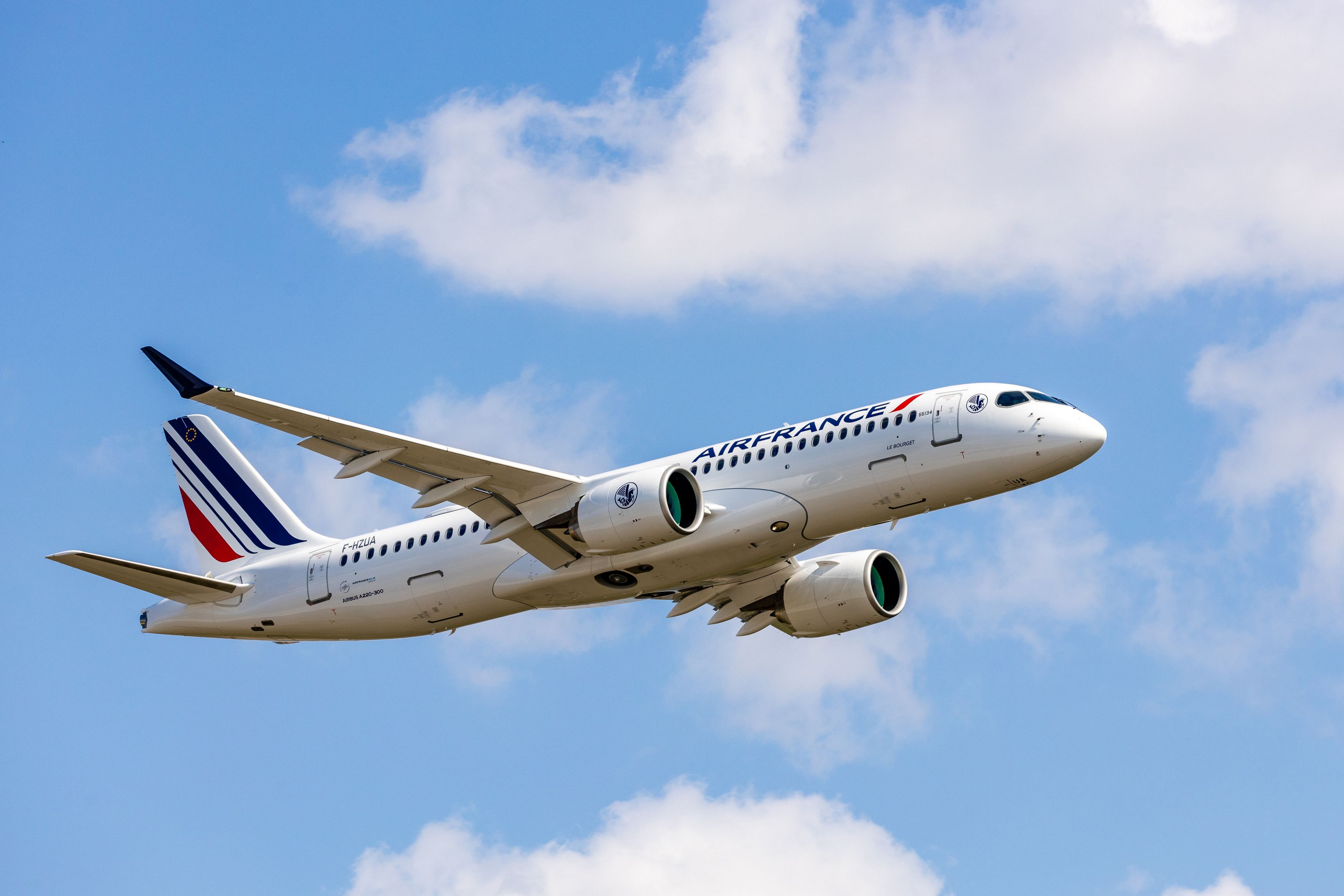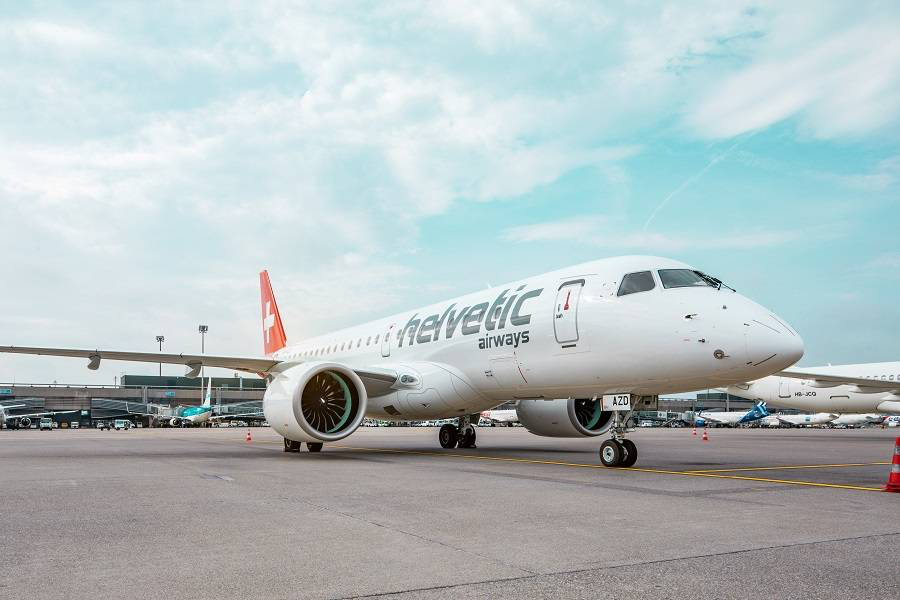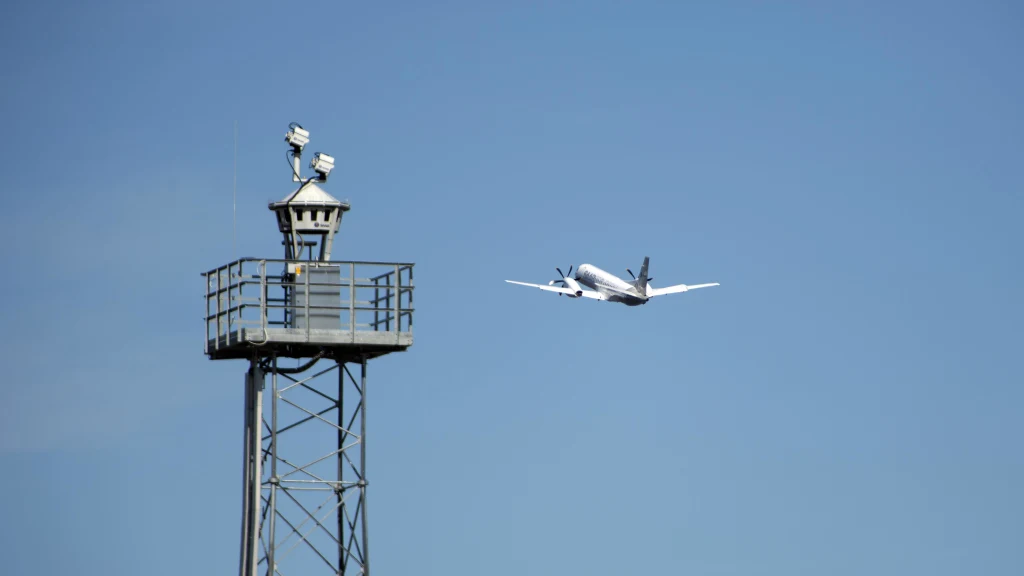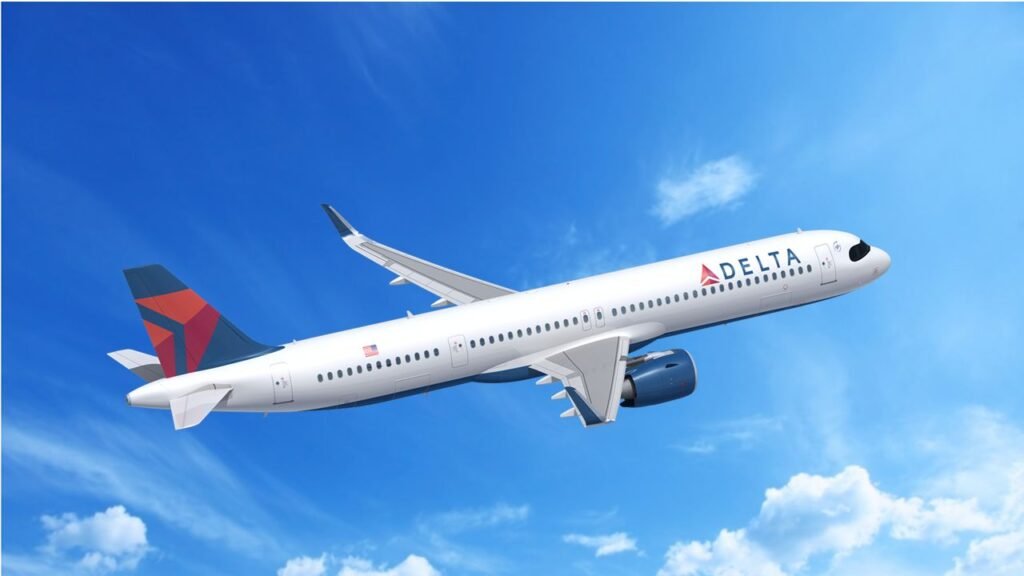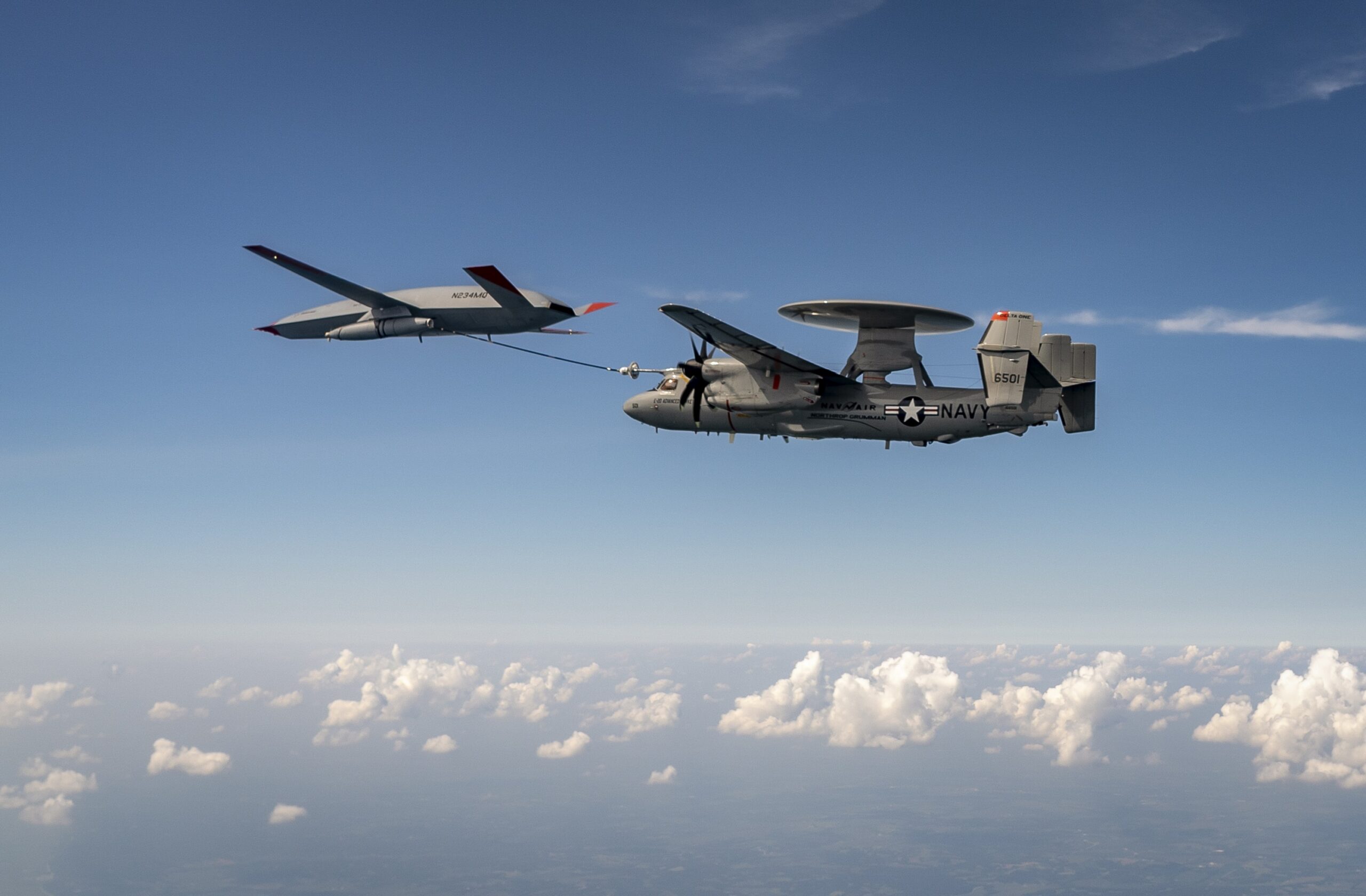Airbus Delivers First of 60 A220 Aircraft to Air France
Mirabel, Quebec, Canada, 29 September, 2021 – Air France (OTC: AFLYY) has received its first A220-300 from an order for 60 aircraft of the type, the largest A220 order from a European carrier. The aircraft was…
